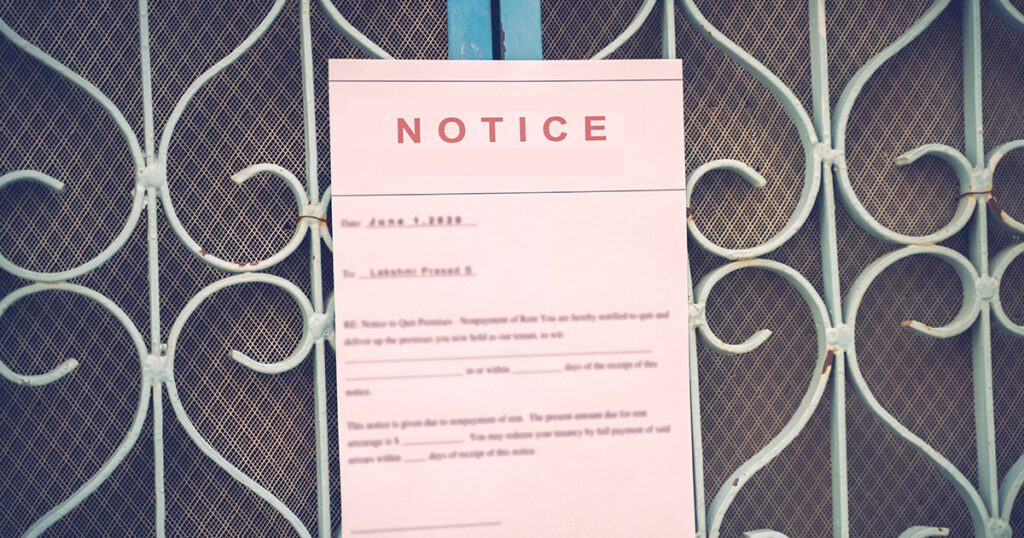by robschlackman@gmail.com | Aug 31, 2022 | Blog
An article by Beth Gazes, one of our firm’s Associate Attorneys, was recently published in the Touro Law Review. Entitled, “Modification Requests in Community Associations: Do We Know What’s Reasonable?” the article, among other things, addresses the application of...

by Trisha Schlackman | Aug 12, 2022 | Blog, Litigation
SLOW DOWN, YOU MOVE TOO FAST While much of our 21st Century world has embraced the ease, speed and effectiveness of email communications, it is not yet the solution to all of life’s challenges. At least that is the lesson learned by a Westchester condominium board of...

by robschlackman@gmail.com | Jun 10, 2022 | Blog, Litigation, State Law
Many of you might recall that in March 2021, a new State law was enacted requiring landlords to provide notice to tenants of their rights to request reasonable modifications and accommodations pursuant to the State’s Human Rights Law. You might also recall that this...

by robschlackman@gmail.com | Jun 8, 2022 | Blog, Boards, State Law
As summer approaches, Boards may see a rise in short-term rentals in their communities For those communities whose Declaration or By-Laws restrict leasing to some degree, the question becomes whether the Board can and should enforce these restrictive provisions. One...

by robschlackman@gmail.com | May 19, 2022 | Blog, Boards
A co-op shareholder makes a request A co-op shareholder, seeking to run for a position on the Board of Directors, requests the Board and its managing agent a list of the names and addresses of the corporation’s shareholders. His stated purpose for the list is to...

by robschlackman@gmail.com | Apr 22, 2022 | Blog, Articles, Boards
A thousand-year-old story finds new relevance when applied to a modern-day community Recently, Jews around the world celebrated the holiday of Passover with what is known as a “seder” – a ritual feast. A central activity of the seder (besides the festive meal) is the...





